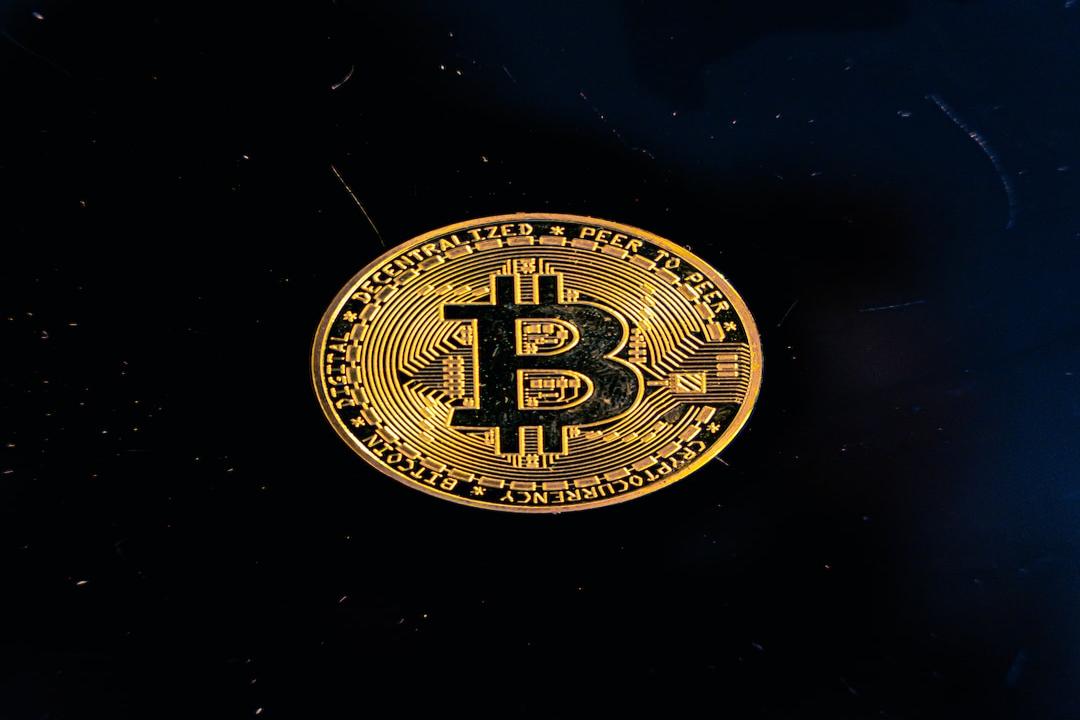Judge Amy Berman Jackson dismissed the claim by the Securities and Exchange Commission (SEC) that secondary sales of Binance’s BNB coins could be classified as securities according to the Howey Test. Citing a similar decision by Judge Analisa Torres in the Ripple case, Judge Jackson emphasized the need to consider the economic reality of the token transaction when applying the test.
Judge Jackson further noted that the government’s argument, which claims that “crypto assets are an embodiment of an investment contract,” along with points on the nature of the technology, the independence of the platform, and the presentation of the tokens, is insufficient to classify the secondary sales of BNB as investment contracts.
Moreover, the judge rejected the SEC’s claims regarding the sale of the stablecoin Binance USD (BUSD) and the “Easy Earning” passive income feature. She pointed out that the SEC’s main theory, which does not directly claim that the coins are securities but instead formulates them as investment contracts, is inconsistent.
Read more:

The following are potential reasons that may have prompted the SEC to reject the Solana ETF spot proposal:
It was further emphasized that the nature of a given token can evolve over time, suggesting that even if a token initially qualifies as a security, it is not necessarily required to remain so indefinitely. This distinction significantly weakens the SEC’s position and is a key decision in the debate over the classification of digital assets.
Despite this significant victory for Binance, Judge Jackson allowed the SEC to continue pursuing cases related to Binance’s BNB staking program, anti-fraud rule violations, and BNB sales following the ICO. The SEC may also maintain its claims that Binance founder Changpeng Zhao acted as a “controlling person” of the company, implying that Binance should have registered according to the Exchange Act.


